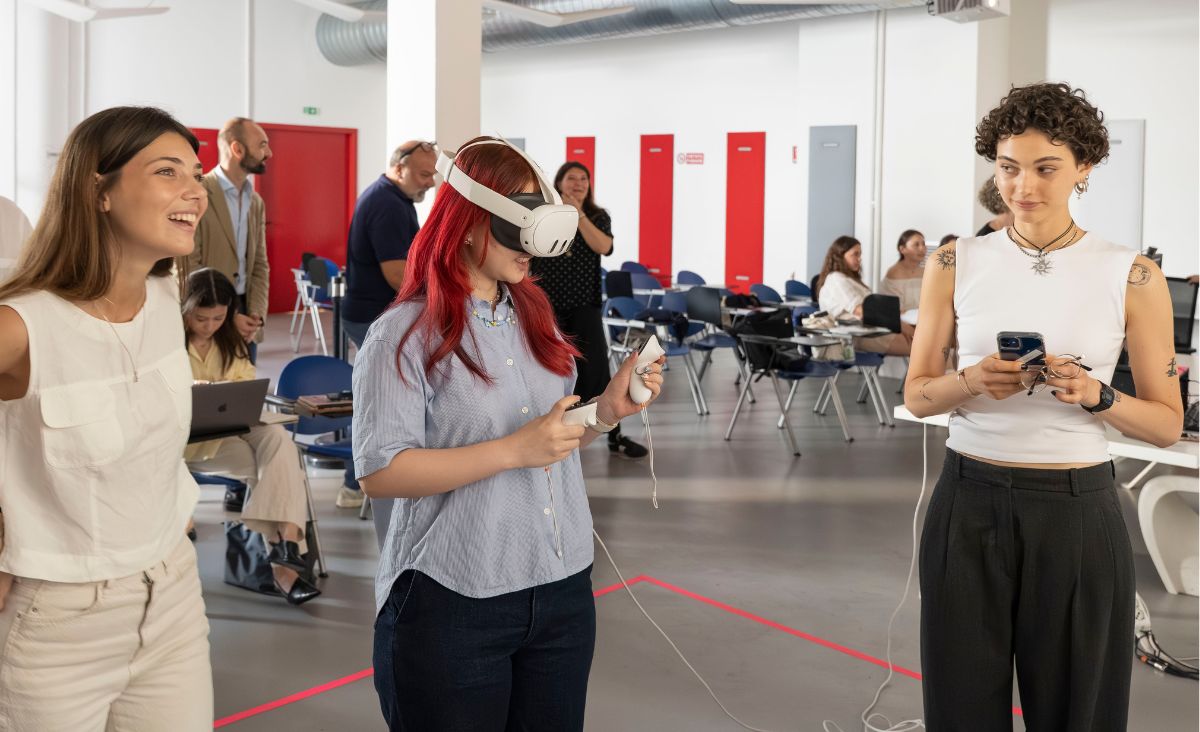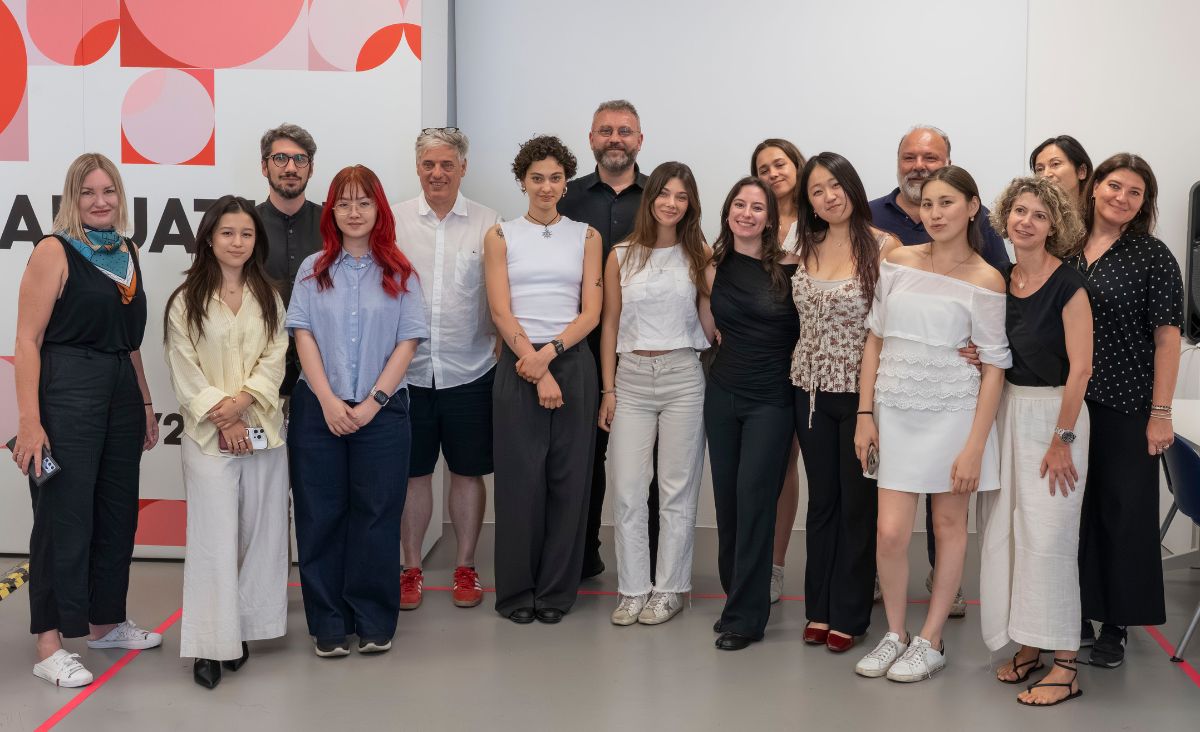A recent Erasmus Plus mobility program has strengthened transnational collaboration between RMIT Vietnam and Istituto Europeo di Design (IED) in Milan, bringing students and staff together to explore the sensory and temporal qualities of interior design and urban environments through a practice-based approach.
This two-way exchange enabled participants from both institutions to engage deeply across cultural and disciplinary boundaries.
In the first phase, the mobility scheme brought IED staff and students to Ho Chi Minh City, where they joined RMIT Vietnam in a collaborative thesis project reimagining the future of forgotten spaces in Indochina through the lens of digital adaptation.
The project fostered a shared dialogue between cultural appreciation, adaptive reuse spaces and creative ideas.
In the latest phase, two RMIT students - Khanh Phuong and Bao Linh - and two academic staff, Dr Rachel Jahja and Dr Andrew Stiff, travelled to Milan to continue this collaborative exploration through student-led projects in spatial design, research and pedagogy.
According to RMIT Vietnam senior lecturer Dr Andrew Stiff, visual materials collected in Rome and Milan will contribute to ongoing research developing a shared eco-language as part of the River Cities project.
Beyond research, the mobility experience has had a direct impact on student learning.
Insights from this exchange will inform students' final major projects, which explore the adaptive reuse of urban spaces in Ho Chi Minh City through a temporal and sensory lens.

RMIT and IED students engage in hands-on experimentation with immersive technologies.
Reflecting on the experience, Dr Rachel Jahja described it as a catalyst for both personal and professional growth, paving the way for future collaborations and enriching her approach to teaching.
"One of the most rewarding aspects has been the opportunity to forge meaningful connections with colleagues, such as Matteo Rigamonti and Marco Germi, across Europe," Rachel said.
"This mobility experience has not only expanded my professional network but also exposed me to diverse pedagogical methods that can enhance our curriculum.
"These unique experiences foster a deeper understanding of global issues and prepare our students for a diverse and interconnected world," she said.
Supported by the Erasmus funding, this mobility exchange is one of the learning opportunities facilitated between RMIT and partner universities across Europe.
By connecting staff and students across campuses and continents, Erasmus+ mobility experiences continue to strengthen transnational education collaboration between Europe and the Asia-Pacific, building shared knowledge and globally engaged learning environments.







